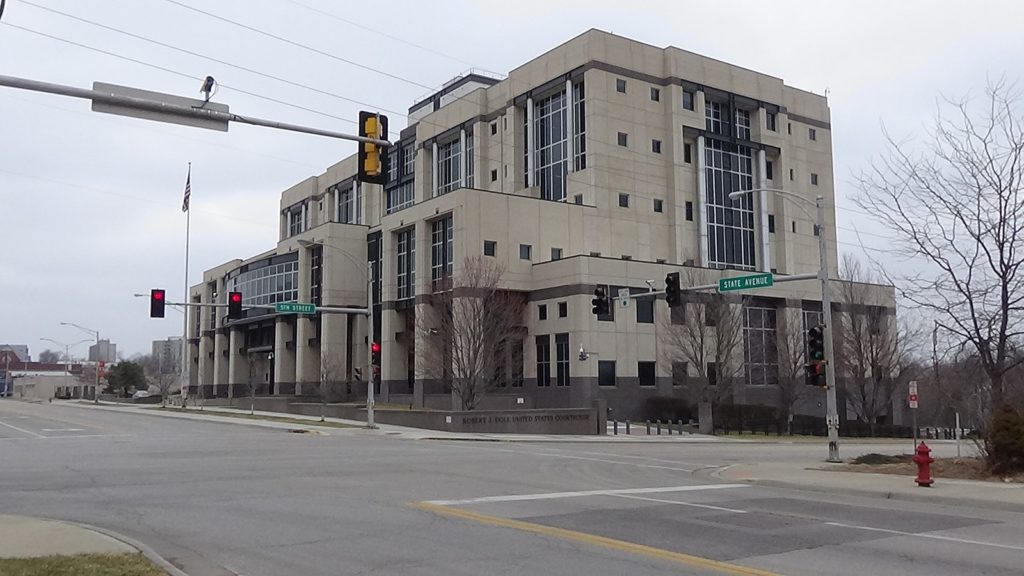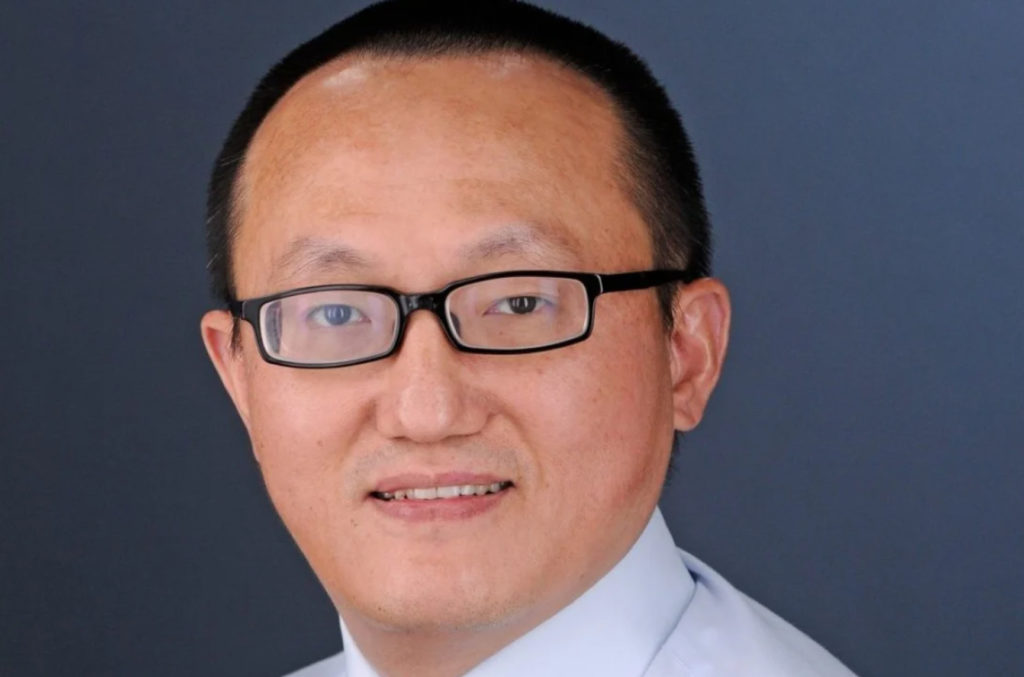
CAA Joins Amicus Brief in Support of Chinese American Professor Targeted by Federal Government
This fall, CAA signed on to an amicus brief in support of Professor Feng “Franklin” Tao, an engineering professor at the University of Kansas who has been accused by the United States government of fraud.
Tao came to the United States in 2002, completed a doctoral program at Princeton University, then a postdoc, and continued on to become a professor. Professor Tao is the latest example, among many, of the federal government’s coordinated efforts to target Chinese American scientists and researchers based on their ancestry rather than suspected criminal activity.
What is Franklin Tao being accused of?
The government accuses Tao of not disclosing on conflict-of-interest forms that he had been accepted to a full-time professorship at Fuzhou University in China while being employed at the University of Kansas with funding from U.S. federal agencies.
Tao has been indicted on 10 federal felony charges for wire fraud and making false statements. If convicted, he faces up to 25 years in federal prison and a fine of up to $2.5 million.
Tao’s attorneys say that non-disclosure is not a crime and emphasize that Tao has not been accused of theft, espionage, or improperly sharing sensitive information.
Tao’s attorneys say that non-disclosure is not a crime and emphasize that Tao has not been accused of theft, espionage, or improperly sharing sensitive information.
Why is the U.S. Government racially profiling Chinese scholars and scientists?
The U.S. Department of Justice (DOJ) is prosecuting Tao as part of its “China Initiative” to curb theft of intellectual property from American companies. The program began in November 2018 under Jeff Sessions, then the U.S. attorney general. It has continued under the present attorney general, William Barr. Since the program’s inception, the DOJ has brought numerous cases against researchers, professors, U.S. intelligence officials, and Chinese nationals working in the U.S.
Why is this amicus brief important?
The DOJ has stated that it considers the Tao prosecution to be a new blueprint that it intends to follow in other cases. This is alarming because Tao has not been accused of theft or espionage. He filled out conflict-of-interest forms improperly. The government is criminalizing paperwork errors that should be addressed as personnel matters.

Cases like Tao’s follow a similar pattern: the government claims that the researcher or scientist did not reveal their connections with a Chinese university or talent program on conflict-of-interest forms.
In virtually all of these cases, the issue is non-disclosure and a lack of understanding about how to fill out the forms, as opposed to attempts to deceive or defraud. Their resumes, bios, and publications often list their Chinese affiliations.
Tao’s attorneys filed a motion to dismiss the case, but a judge denied the motion in November. Tao’s case moving forward opens the door for the government to bring more cases in this mode.
Why did CAA join the amicus brief?
CAA has a long history of opposing the government’s racial profiling of Asian scientists and researchers, including the 1999 arrest of scientist Wen Ho Lee. Lee worked for the University of California at the Los Alamos National Laboratory in New Mexico and was indicted on 59 counts and jailed in solitary confinement without bail for 278 days. Ultimately, he was charged with just one count of mishandling sensitive documents as part of a plea bargain. The other counts were dropped.
CAA was part of a coalition of organizations that ran a national campaign to mobilize the Chinese American community in defense of Lee and organize other Asian American scientists working at Los Alamos National Laboratory.
CAA also supported Xiaoxing Xi, a Temple University physicist accused by the government in 2015 of illicitly sharing information about a superconductor device with colleagues in China. The government eventually dropped the charge after Xi showed that what he had shared was public knowledge. CAA supported the family with strategic communications to raise awareness of his case and organized a speaking tour for Xi at Bay Area college campuses.
We are concerned about these over-zealous and discriminatory investigations that perceive people as threats based on their ancestry or associations with Chinese institutions and that create a chilling effect on scientific exchanges and collaboration.
How else is CAA supporting Chinese American academics and researchers?
In October, CAA wrote to the president of the University of California, Michael V. Drake, M.D., expressing deep concern over the hostile climate that visiting scholars from China, faculty, researchers, and students of Chinese descent are experiencing.
CAA requested a meeting to discuss how the University of California can protect the civil rights, liberties, and dignity of all in its diverse community, including those of Chinese descent who are currently vulnerable to government abuse of powers.
We are waiting for a response.
Will anything change under a Biden/Harris administration?
Regardless of how the Biden/Harris administration addresses China-U.S. relations, the Republican party will likely continue its anti-China rhetoric and paint China and Chinese people as enemies. This type of rhetoric leads to racial profiling, surveillance, and an increase in hate crimes against innocent people, just as we saw in the Arab, Middle Eastern, and South Asian communities after 9/11.
The current rhetoric is also compounded by the COVID-19 pandemic, which has led to a rise in harassment and racist incidents against Asian Americans, which we have documented through our reporting center, Stop AAPI Hate.
CAA will continue to monitor this issue, push back against harmful policies, and advocate for the civil rights of Asian Americans and visiting scholars.



